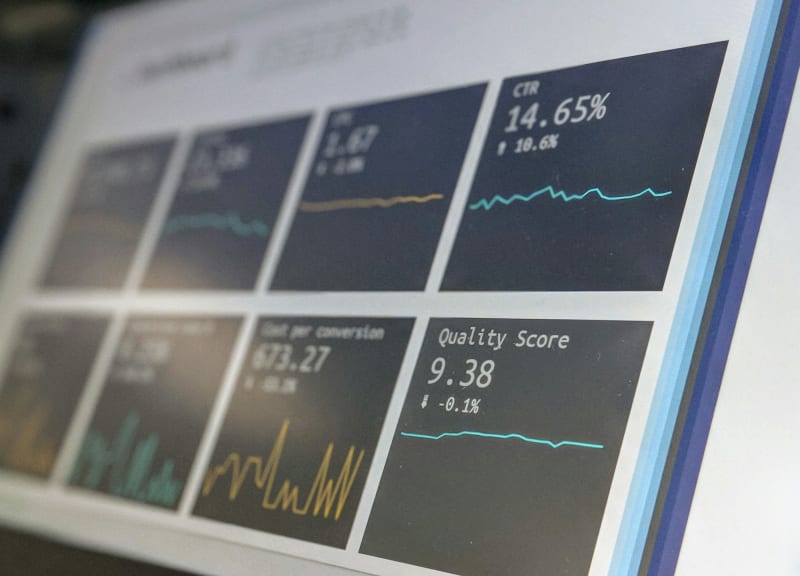Do you struggle to understand your KPIs? Are you unsure of how the data contained in your KPIs are calculated? You are not alone. As many teams and organizations, both small and large, struggle with the basics of KPIs.
KPIs are becoming harder to validate as we incorporate more BI and reporting tools, and the KPIs are automatically packaged and delivered to us. Furthermore, KPIs should be the signal we use to steer our business, and we should have an in-depth understanding of how the KPIs work.
Before we get started, let's define what a proper KPI is. Key Performance Indicators (KPIs) are metrics used to quantify and evaluate the success of an organization in achieving its objectives for a specific activity. Effective KPIs provide actionable insights and help steer strategic decisions. When creating KPIs, it's crucial to ensure they are relevant, accurate, and actionable.
KPIs help the business understand the effectiveness of their business objectives. A great source I use for my KPIs is the PWC KPI Guide. It provides great examples from the board level down to the business units.
But my tips are not about creating KPIs but how we can make your KPIs work for you. Here are my five tips on owning your KPIs like a boss!
- Track your KPIs manually. Yes, your read that correctly. You should start manually to understand where the data comes from for your KPIs and how they are calculated. What does this mean exactly? I recommend first pulling data directly from the data sources and compiling your KPI in Microsoft Excel or Google Sheets. Run the manual process of collecting and analyzing your KPIs manually for at least one month until you grasp how the KPI functions and what factors influence the KPI's movements. Following this process has helped our teams find patterns in data that were previously missed and also fixed data quality issues to have a true KPI value.
- Actionability. The KPIs you define should enable you to make decisions based on the information the KPI provides. For example, an action should be performed when X happens, Mike Tyson says it best “ Everyone has a plan until they get punched in the mouth." The same goes for our KPIs. Are you prepared when the KPI goes up or down 20%? Do you have an action prepared if a big swing happens? Have you tested the action in case the threshold is met? What you don't want is to knee-jerk react to a significant movement of your KPI without having a tested plan in place. The worst thing that could happen is a rash decision that propels the KPI further in the wrong direction. Have a plan, test it, and be prepared!
- Less is More. It's easy to get carried away tracking all sorts of KPIs and vanity metrics. At the end of the day, anything over about 10 KPIs is just not relevant to steer a business objective. The sweet spot for the number of KPIs your business unit should have is five to ten. Limiting the number of KPIs also helps your business unit create a laser focus on monitoring the five to ten KPIs and being able to catch trends, both positive and negative, before it catches the business off guard.
KPIs are not a set-and-forget exercise but require continuous feedback and learning. These three tips have helped me get big and small organizations back on track with their KPIs and objectives. Get started by taking control of your KPIs today!
Follow me
If you liked this article, be sure to Follow Me on Twitter to stay updated!



Top comments (0)